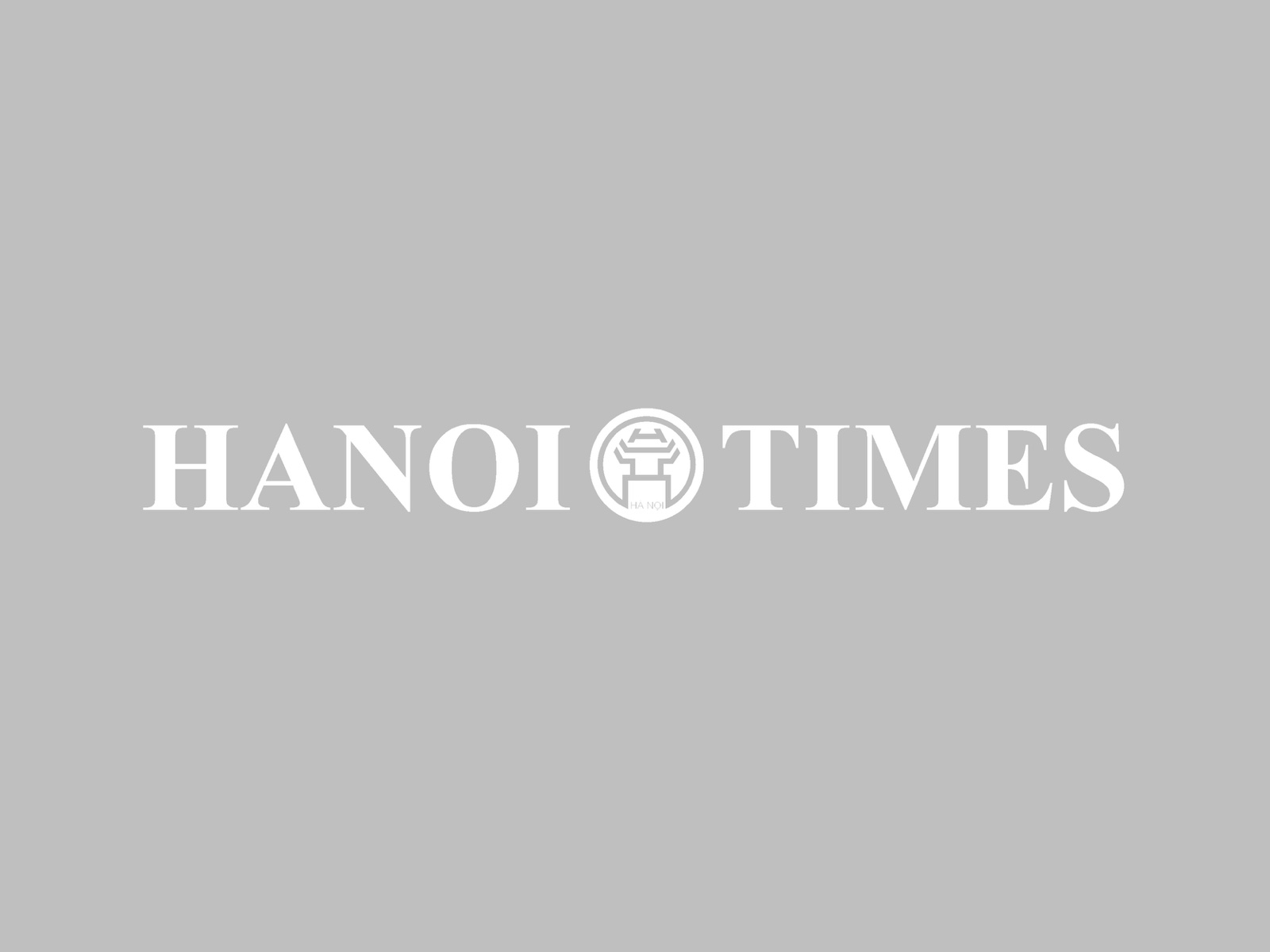Business
Norway exchange experience in advanced technology for aquaculture farming
Nov 16, 2017 / 09:29 AM
Norway, the world’s leading seafood exporter, shared its experience in applying advanced technology for aquaculture farming and processing at a conference held in Ho Chi Minh City on November 14.
Harald Naevdal, trade counsellor at the Norwegian Embassy in Vietnam, said that along with using high technologies and a modern management system, Norway has paid due attention to seeking markets for its seafood.
Norwegian enterprises are willing to share their experience with Vietnam so that the country can develop its aquaculture sector sustainably, he noticed.

Tran Dinh Luan, Deputy Director General of the Directorate of Fisheries under the Ministry of Agriculture and Rural Development, said that despite Vietnam is always in the world’s top countries in terms of aquaculture cultivation, the country has yet fully tapped the sector’s potential. He hoped that exchanging information and experience with Norway will help Vietnam promote effective aquaculture farming.
Else Marie Stenvik Djupevag from the Norwegian Directorate of Fisheries underlined that in Norway, various production and cultivating areas are zoned off based on environmental evaluation to reduce risks for aquaculture development.
Meanwhile, Oyvind Fylling-Jensen, Managing Director of the Norwegian Institute of Food, Fisheries and Aquaculture Research, stressed that bio-tech should be deployed in breeding, genetic and nutrition research, which will bring efficiency in aquaculture farming and processing chain.

Last year, Vietnam had 1.3 million hectares of aquaculture farming areas with total productivity of 3.65 million tonnes. Key importers of Vietnamese seafood are the US, the EU, the Republic of Korea, and Japan.
Tore Myhre, director of NHO’s International Department, said investing in skills development, especially vocational training, is important to improve the productivity and profitability of enterprises. Aquaculture is a sector that is growing in importance for both countries, he said.
NHO and VCCI, together with Vietnamese and Norwegian industry players, have identified a need for more skilled and productive operators in their value chain from production to processing, he said.
Since 2010 the VCCI HCM, with technical support from NHO, has co-operated with the Dong Nai College of High Technologyand companies in Dong Nai province to pilot a training programme in mechanical engineering and hospitality.
Ninety seven percent of students from this training programme have got jobs after graduating, with their training quality deeply appreciated by employers, he said. Following its success, NHO and the VCCI HCM have expanded their co-operation to the aquaculture sector, he added.
Norwegian enterprises are willing to share their experience with Vietnam so that the country can develop its aquaculture sector sustainably, he noticed.

Tran Dinh Luan, Deputy Director General of the Directorate of Fisheries under the Ministry of Agriculture and Rural Development, said that despite Vietnam is always in the world’s top countries in terms of aquaculture cultivation, the country has yet fully tapped the sector’s potential. He hoped that exchanging information and experience with Norway will help Vietnam promote effective aquaculture farming.
Else Marie Stenvik Djupevag from the Norwegian Directorate of Fisheries underlined that in Norway, various production and cultivating areas are zoned off based on environmental evaluation to reduce risks for aquaculture development.
Meanwhile, Oyvind Fylling-Jensen, Managing Director of the Norwegian Institute of Food, Fisheries and Aquaculture Research, stressed that bio-tech should be deployed in breeding, genetic and nutrition research, which will bring efficiency in aquaculture farming and processing chain.

Last year, Vietnam had 1.3 million hectares of aquaculture farming areas with total productivity of 3.65 million tonnes. Key importers of Vietnamese seafood are the US, the EU, the Republic of Korea, and Japan.
Tore Myhre, director of NHO’s International Department, said investing in skills development, especially vocational training, is important to improve the productivity and profitability of enterprises. Aquaculture is a sector that is growing in importance for both countries, he said.
NHO and VCCI, together with Vietnamese and Norwegian industry players, have identified a need for more skilled and productive operators in their value chain from production to processing, he said.
Since 2010 the VCCI HCM, with technical support from NHO, has co-operated with the Dong Nai College of High Technologyand companies in Dong Nai province to pilot a training programme in mechanical engineering and hospitality.
Ninety seven percent of students from this training programme have got jobs after graduating, with their training quality deeply appreciated by employers, he said. Following its success, NHO and the VCCI HCM have expanded their co-operation to the aquaculture sector, he added.








